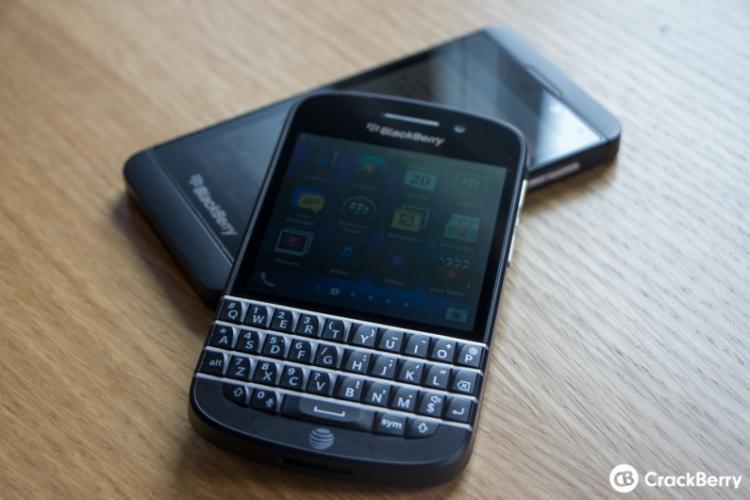
BlackBerry has been the subject of many articles this past year, from the rumors of BlackBerry 10 finally making an appearance on shelves to the actual announcement and release of devices such as the BlackBerry Z10 and Q10 devices. We had some high expectations for the return of the king, only to find that the king still wasn't quite ready to take the throne back. Whether it was the lack of applications, or perhaps even the interface itself that drove users away, BlackBerry 10 could certainly be seen as lackluster compared to the advancements other mobile operating systems have made.
But in my opinion, all is not lost. BlackBerry might not be the top platform anymore by any means, but the operating system is far from trash. I really and truly hope that whoever purchases the company plans on making the most, or at least make something, out of BlackBerry OS and not let it go to waste. Even if that means picking and choosing certain parts to be implemented in other operating systems.
It's been discussed recently that Lenovo is once again interested in purchasing BlackBerry, which is what initially sparked the idea to write this article. With Lenovo already doing business in the mobile market, primarily in China with popular devices like the ThinkPad tablet and the K900 smartphone, there's no doubt in my mind that acquiring BlackBerry could certainly help Lenovo - perhaps to even branch out of China and move into other markets. The U.S. market is a tough one to tackle, but perhaps with the acquisition of an already familiar company we could be seeing some Lenovo/BlackBerry devices hit shelves here. I already expressed my interest in the K900 back when it was on display during CES 2013. The phone had a beautiful build quality, similar in design to the Sony Xperia Z and ZL devices, and was running on Android. It never managed to make it to the U.S., but I would be stoked at the idea of one of these phones eventually making it here.
BlackBerry has plenty to offer any company wishing to acquire it. Not only are there patents upon patents that BlackBerry owns that can immensely help a company in terms of hardware, software, and perhaps more importantly than anything security. Although hardware and security might seem like the two biggest gains for any company at this point in time, given how highly praised BlackBerry's hardware is throughout the industry and since the company has long been known as having one of the most secure servers. But the software that BlackBerry owns could also be considered a great acquisition. As bad of a rep as BlackBerry 10 gets, which usually trails back to the lack of application issue (or lack of quality applications, I should say), the software itself is rather good and is certainly worth something in my opinion. All of the gesture-based implementations and the overall design of the software combined with a proper app store would make BlackBerry OS what BlackBerry 10 should have been.
I'm not saying that anybody can save BlackBerry OS from its current fate, but I do honestly think that the OS has had enough work put into the BlackBerry 10 revamp that it's not something that should be wasted. Basically I just don't want to see it go the way of webOS, which I also thought was a pretty solid mobile operating system. Yes, BlackBerry 10 did have its crippling issues that made it undesirable to consumers who weren't already supporters of BlackBerry, but I don't think it's a problem that can't be fixed if it falls in the hands of the proper company.
Readers, what are your thoughts on BlackBerry being acquired by another company? Do you think that the OS should be put to good use, or do you think it's time to completely retire the BlackBerry brand and image? Let us know your thoughts in the comments below!
Image via CrackBerry